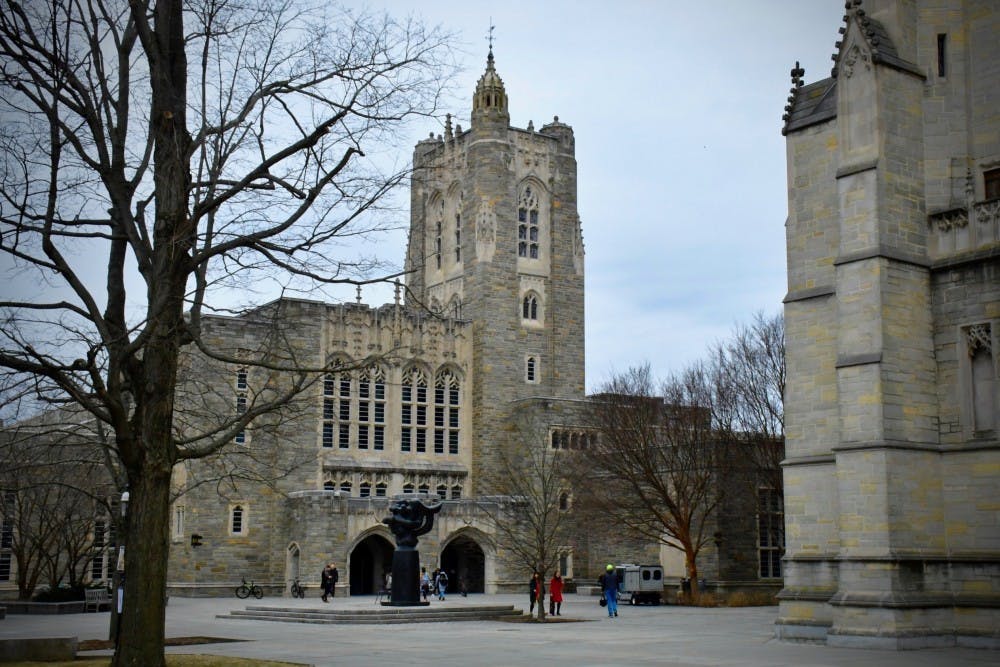Midterms week is upon us. For many of us, this means papers and exams consuming much of our time during a week we would usually devote to preparing for our weekly classes — preparation that, unfortunately, must still happen.
In light of the stress that midterms bring, we should remember that time spent not studying can be just as valuable as time spent studying.
This column is not particularly original — we have all heard it, time and again, that spending time doing things other than studying benefits us. Despite that, many of us still struggle to see the truth in that axiom.
Certainly, we find pleasure in those moments when we spend hours on end pretending to do work in some basement classroom to talk with our friends or when we spend an hour “too long” to eat a meal with someone. But the comment that comes after that is often along the lines of, “it is so nice to waste time sometimes.” This sentiment reveals something deep about how many of us understand our time here.
The notion of “wasting time” is problematic. The notion of waste implies a disregard for the value of things. When we waste food, for example, we are talking about an object with much value — monetary and subsistence value, for instance — but whose worth we do not appreciate. In fact, when we waste food, we act as if it were acceptable to let no one and nothing enjoy and take advantage of that value.
Similarly, when we use the phrase “waste time,” we are correctly assigning value to the concept of time. This could be monetary value, but it needn’t be. The relevant point here is that wasting time is about the under- or unappreciation of the value of time.
This points us to an obvious problem, then. The idea of enjoying waste seems to be a contradiction in terms — you can’t enjoy something while at the same time not appreciating that thing. One way of resolving this issue would be to say that we really aren’t enjoying the time that we are “wasting.” The time spent with our friends or meeting new people is time that shouldn’t be used this way because it doesn’t give us any real value.
Such a conclusion, however, seems wrong. Very few of us would say that we regretted these moments and while we might regret having to stay up late to catch up with work, many of us will say it was worth it in the end.

To resolve this issue, I am led to the conclusion that such uses of time aren’t in fact “wastes.” Certainly, it is not “productive” or “efficient” — whatever those words mean — but it doesn’t follow that we have wasted the time we spend with our friends. Rather, it is in these moments that many of us find joy. These are the moments that remind us what is worth pursuing — friendship and human connection.
This brings me back to midterm season. Certainly, the time spent preparing for our assessments is worth it and not wasted. But I also want to propose that at least some of the time not studying is also not wasted. Certainly, scrolling through Instagram might fall outside this category of not-wasted-time.
But other moments, which we might otherwise call “wasted” time, should be recategorized. Perhaps they are not as worthwhile as the moments spent studying — that is, up to each individual’s discretion. But to call those moments “wasted” is too strong. It suggests that our relationship with our friends and peers are not valuable to us.
Those relationships define what it means to be human. Connecting with our communities should never be considered wasted time.

Sebastian Quiroz is a senior from Deltona, Fla. He can be reached at squiroz@princeton.edu.








